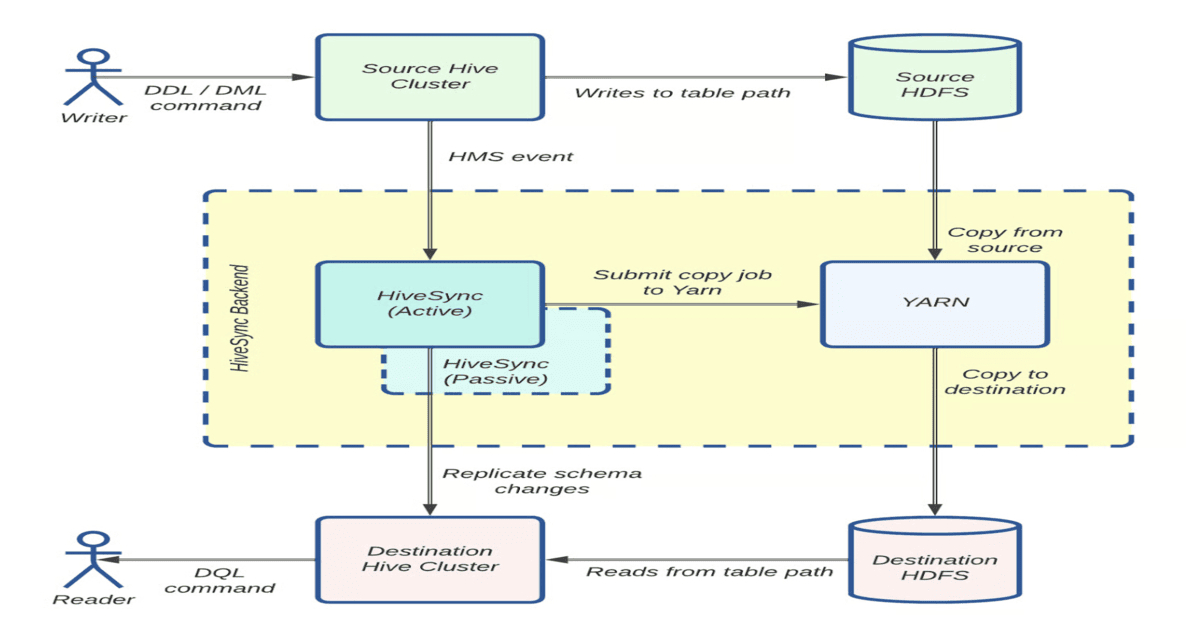Codetown
Codetown ::: a software developer's community
Scala
Information
Scala is a general programming language and it runs on JVM. It's a static typed language with many features that make code concise and flexible.
Website: http://scala-lang.org
Location: Orlando
Members: 5
Latest Activity: Jul 27, 2011
Discussion Forum
A file poller implementation in Scala
Want to see how a file poller in Scala looks like? Check out…Continue
Started by Zemian Deng Mar 7, 2009.
Hello world
Perhaps I should have post this as my first message to the group, but I will add it anyway for completeness. Or in case someone wants to try Scala out and at least you can grap this template to start…Continue
Started by Zemian Deng Mar 3, 2009.
Simplifying Java Exception with Scala
One feature of Scala is it reuse Java's Exception class hierarchies, but much easier to use. For one thing, it treats Exception as "unchecked" just like RuntimeException, which I think one of the…Continue
Started by Zemian Deng Mar 3, 2009.
Scala Reading List
![]() Loading feed
Loading feed
Comment Wall
Comment
Notes
Welcome to Codetown!
 Codetown is a social network. It's got blogs, forums, groups, personal pages and more! You might think of Codetown as a funky camper van with lots of compartments for your stuff and a great multimedia system, too! Best of all, Codetown has room for all of your friends.
Codetown is a social network. It's got blogs, forums, groups, personal pages and more! You might think of Codetown as a funky camper van with lots of compartments for your stuff and a great multimedia system, too! Best of all, Codetown has room for all of your friends.
Created by Michael Levin Dec 18, 2008 at 6:56pm. Last updated by Michael Levin May 4, 2018.
Looking for Jobs or Staff?
Check out the Codetown Jobs group.
InfoQ Reading List
Hybrid Cloud Data at Uber: How Engineers Solved Extreme-Scale Replication Challenges

Uber’s HiveSync team optimized Hadoop Distcp to handle multi-petabyte replication across hybrid cloud and on-premise data lakes. Enhancements include task parallelization, Uber jobs for small transfers, and improved observability, enabling 5x replication capacity and seamless on-premise-to-cloud migration.
By Leela KumiliOpenAI Codex-Spark Achieves Ultra-Fast Coding Speeds on Cerebras Hardware

In a major shift in its hardware strategy, OpenAI launched GPT-5.3-Codex-Spark, its first production AI model deployed on Cerebras wafer-scale chips rather than traditional Nvidia GPUs. The new model offers delivers improved throughput and low-latency, enabling a real-time, interactive coding experience, says the company.
By Sergio De SimonePodcast: [Video Podcast] Frictionless DevEx with Nicole Forsgren

In this episode, Thomas Betts talks with Dr. Nicole Forsgren, the author of Accelerate and one of the most prominent and important minds in DevOps and developer productivity. The conversation is about identifying and removing developer friction, the subject of her new book, Frictionless.
By Nicole ForsgrenPresentation: Busting AI Myths and Embracing Realities in Privacy & Security

Katharine Jarmul keynotes on common myths around privacy and security in AI and explores what the realities are, covering design patterns that help build more secure, more private AI systems.
By Katharine JarmulJava News Roundup: Lazy Constants, TornadoVM 3.0, NetBeans 29, Quarkus, JReleaser, Open Liberty

This week's Java roundup for February 23rd, 2026, features news highlighting: new JEP 531 Candidate, Lazy Constants; GA releases of TornadoVM 3.0 and NetBeans 29; point releases of Quarkus, JReleaser, Chicory and RefactorFirst; maintenance releases of Micronaut and Jox; and the February 2026 edition of Open Liberty.
By Michael Redlich
© 2026 Created by Michael Levin.
Powered by
![]()
You need to be a member of Scala to add comments!